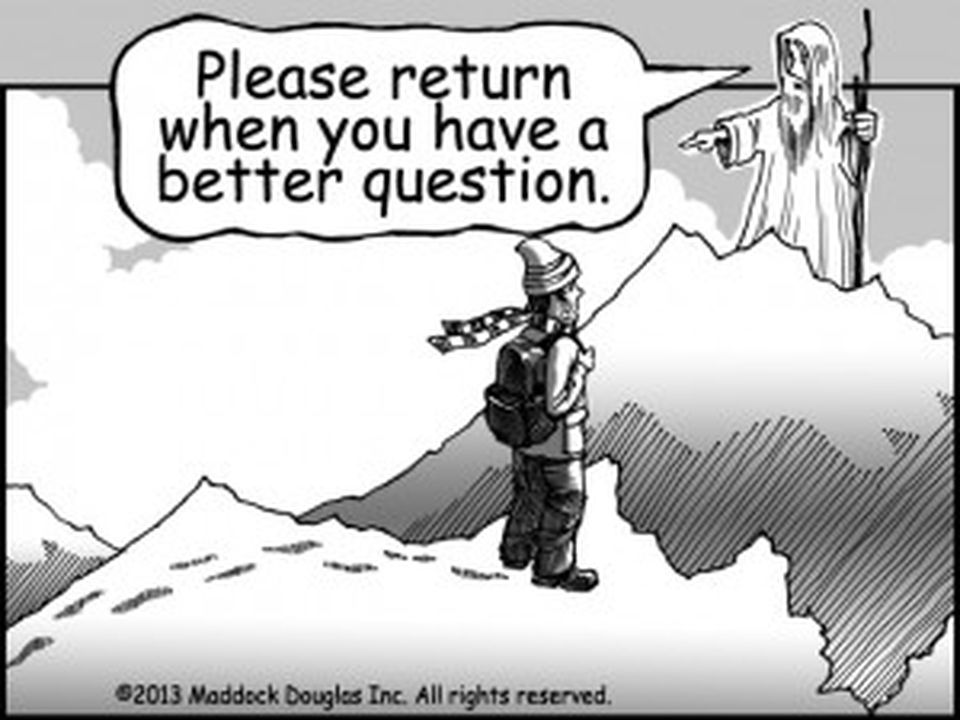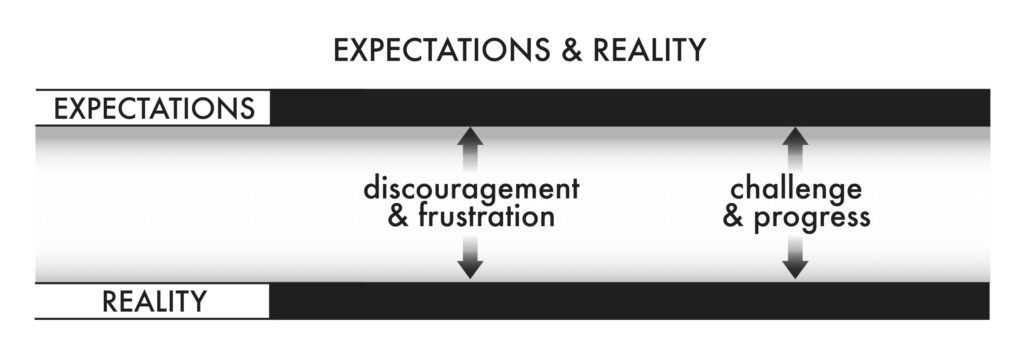 This illustration may seem mundane and simplistic but it speaks to an important issue.
This illustration may seem mundane and simplistic but it speaks to an important issue.
One of my favorite meals is pasta night at Byron’s Restaurant (see picture). You select your type of pasta (bowtie, spaghetti, penne), sauce (marinara or Alfredo), and your choice of 20 different ingredients (sausage, chicken, shrimp, olives, sun-dried tomatoes, green peas, artichokes, mushrooms, etc.). I usually choose all available options so my dish is an amalgamation of multiple flavors, textures, and aromas.
What I love about the dish is that although it is a mixture of many varied ingredients, the unique integrity of each is maintained. I taste the crunchiness of the green peas, the briny taste of the shrimp, the umami taste of the sun-dried tomatoes, the earthiness of mushrooms, etc.
Now, let me use this culinary observation to illustrate an important leadership principle.
Leaders, a critical part of creating an effective team is choosing diverse members. Choose people of different:
- Age
- Personality
- Gender
- Ethnic background
- Skills and experience
- Ideology
- Passions
Once you’ve selected a diverse group, allow each team member to maintain and express their individuality—don’t homogenize them.
We often do compile a diverse team (because we embrace the benefit of doing so, or (sadly) because it’s the politically correct thing to do) but then we gradually discourage and discount each person’s uniqueness, often in pursuit of a faux sense of oneness and unanimity. Instead, continually encourage and affirm each person’s unique contribution.
Do aim for consensus and harmony around common vision and plans – you don’t want to end up with fractured and dissonant pursuits – but don’t compromise people’s unique contributions to get there.
Back to the pasta dish. It is a terrific meal. The varied ingredients maintain their individual flavors and textures and combine to create a gastronomical delight.
Your team is also capable of producing delightful outcomes, if you’ll let them.
[reminder]What are your thoughts about this essay?[/reminder]

 Work on crafting a personal response to the following questions. Answering them may open up a new space in your mind. They can also provoke interesting conversation; the next time you’re having dinner with friends, pose a question and ask everyone to respond. My response to each issue is in brackets.
Work on crafting a personal response to the following questions. Answering them may open up a new space in your mind. They can also provoke interesting conversation; the next time you’re having dinner with friends, pose a question and ask everyone to respond. My response to each issue is in brackets. I recently attended a professional conference that was planned and hosted by a friend. Halfway through the conference, I saw him in the hallway and he asked me how I thought the conference was going. I said I was enjoying it, but then I added, “I do wish the sessions would start on time; and, it would be helpful to have a center aisle in the main meeting area.”
I recently attended a professional conference that was planned and hosted by a friend. Halfway through the conference, I saw him in the hallway and he asked me how I thought the conference was going. I said I was enjoying it, but then I added, “I do wish the sessions would start on time; and, it would be helpful to have a center aisle in the main meeting area.” For years, I had unrealistic expectations regarding a close friend. I was continually frustrated and he was constantly discouraged because of the unrealistic gap between expectations and reality. It was my faulty judgment that was causing the strain and friction in our relationship. When, in my mind, I “lowered the bar” closer to reality, my frustration subsided and the relationship improved.
For years, I had unrealistic expectations regarding a close friend. I was continually frustrated and he was constantly discouraged because of the unrealistic gap between expectations and reality. It was my faulty judgment that was causing the strain and friction in our relationship. When, in my mind, I “lowered the bar” closer to reality, my frustration subsided and the relationship improved.